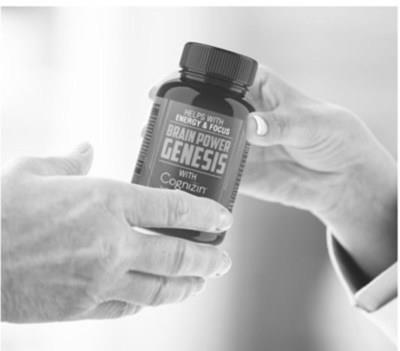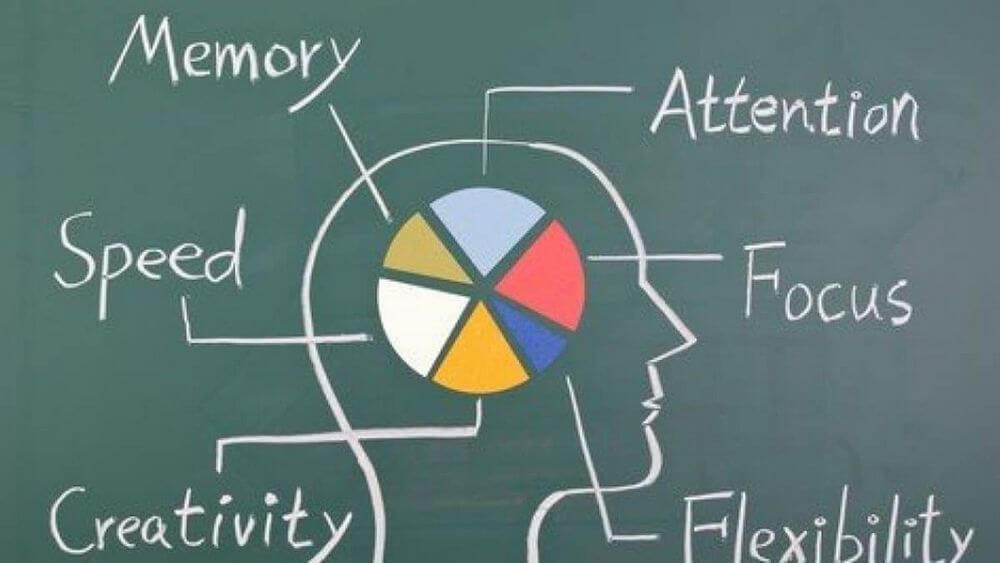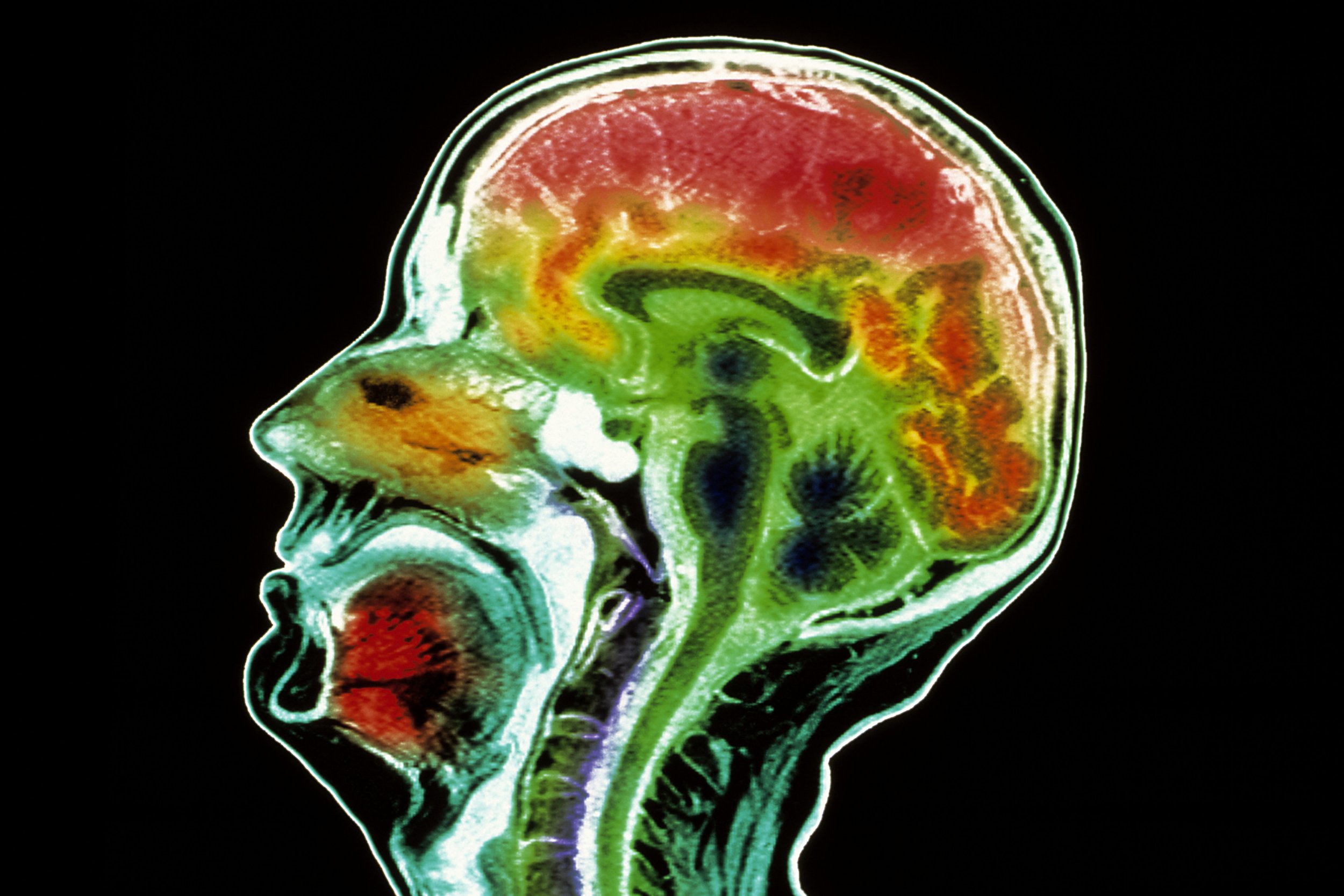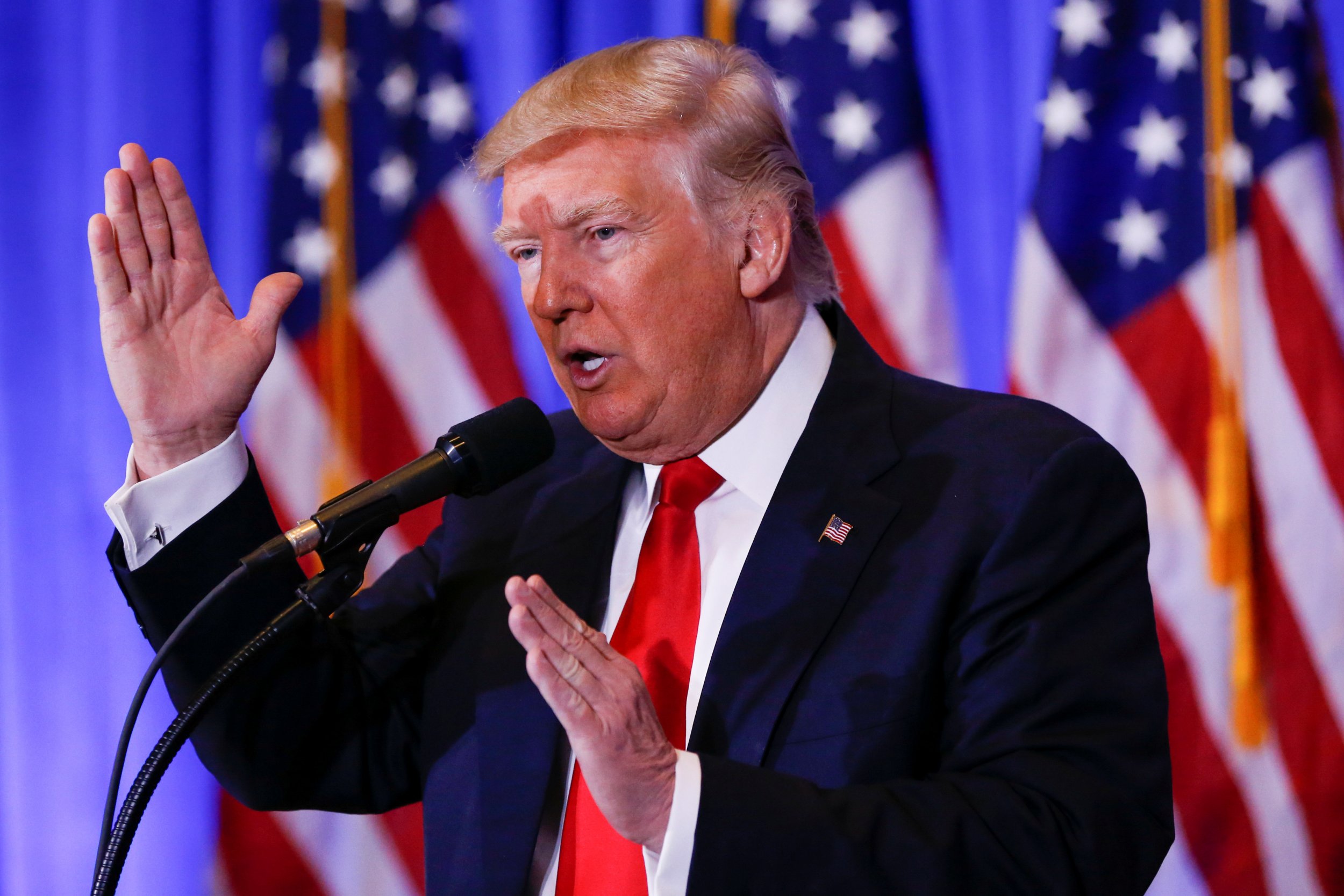brain power genesis reviews
We also took a look at Brain Power Genesis Reviews submitted by actual users to gauge what consumers might be able to expect from it.
We, Health Web Magazine, the owner of this e-commerce website, fully intends to comply with the rules of the Federal Trade Commission (FTC) regarding the use of endorsements, testimonials, and general advertising and marketing content. As a visitor to Health Web Magazine you should be aware that we may receive a fee for any products or services sold through this site.
Content
This content may contain all or some of the following – product information, overviews, product specifications, and buying guides. All content is presented as a nominative product overview and registered trademarks, trademarks, and service-marks that appear on Health Web Magazine belong solely to their respective owners. If you see any content that you deem to be factually inaccurate, we ask that you contact us so we can remedy the situation. By doing so, we can continue to provide information that our readers can rely on for truth and accuracy.
Our Top Selections Box – Promotional Sales
Products shown in the section titled ‘Our Top Products’ are those that we promote as the owner and/ or reseller and does not represent all products currently on the market or companies manufacturing such products. In order to comply fully with FTC guidelines, we would like to make it clear that any and all links featured in this section are sales links; whenever a purchase is made via one of these links we will receive compensation. Health Web Magazine is an independently owned website and all opinions expressed on the site are our own or those of our contributors. Regardless of product sponsor relations, all editorial content found on our site is written and presented without bias or prejudice.
Something we believe is that every page on the website should be created for a purpose. Our Quality Page Score is therefore a measurement of how well a page achieves that purpose. A page’s quality score is not an absolute score however, but rather a score relative to other pages on the website that have a similar purpose. It has nothing to do with any product ratings or rankings. It’s our internal auditing tool to measure the quality of the on the page content. There are a number of factors that determine the Page Score of a given page. Landing page quality is a factor in determining Page Score. Landing page quality generally refers to whether or not the overall page contains relevant and original content to the web page visitor. The content quality value of a web page is determined by comparing a page to known quality patterns and each pattern carries a different weighting in how it affects the overall content quality value of a page. We also factor in user generated feedback on this form plus a page quality algorithm. Since web pages content can change, the content quality value of a web page is updated periodically.
BPG does, in fact, differ greatly from other memory pills, in that it’s key components are highly purified while many other supplements contain a mixture of components that are under-dosed, ineffective and aren’t tested and certified for purity. BPG is different enough from other memory support formulations because it is the only trademarked multi-nootropic™ formulation in the world for memory support. (Nootropics are substances that enhance cognition and support healthy brain function). This trademarked formulation produced in an FDA approved lab protects BPG from competitors. The company is working overtime to keep up with demand by aging adults who want to think clearly and improve their memory.
Why Aging Adults Are Turning To Nootropic BPG For Memory Loss
SAN FRANCISCO , Jan. 30, 2020 /PRNewswire/ — Chris Hatton , CEO of Genesis Nutrients, created BPG ( Brain Power Genesis ) because he and his wife, Mary, had their own heartbreaking experience due to memory loss. Mary’s mother, Vivian, died from Alzheimer’s Disease and Chris decided to have his company’s research team develop a memory support supplement that would revolutionize the industry. After two years of testing, his company created BPG.

BPG does, in fact, differ greatly from other memory pills, in that it’s key components are highly purified while many other supplements contain a mixture of components that are under-dosed, ineffective and aren’t tested and certified for purity. BPG is different enough from other memory support formulations because it is the only trademarked multi-nootropic™ formulation in the world for memory support. (Nootropics are substances that enhance cognition and support healthy brain function). This trademarked formulation produced in an FDA approved lab protects BPG from competitors. The company is working overtime to keep up with demand by aging adults who want to think clearly and improve their memory.
What Are Nootropics?
You may have heard of them referred to as "the limitless pill" or "the smart pill". They were originally developed for younger consumers, often ivy leaguers, who demand a mental edge. And for those in the prime of their careers, who need to stay sharp, alert and laser focused in order to advance. But now, emerging evidence suggests that they may work even better for our aging demographic due to their outstanding ability to clear away amyloid fibrils (brain plaque) (https://www.ncbi.nlm.nih.gov/pmc/articles/PMC5448442/). And of all the nootropics out there, one stands out among the rest. and it’s poised to change everything.
Why So Much Public Interest
Sales are skyrocketing since the release of BPG and there are several important reasons. To start, the clinical studies have been very impressive. People taking the active ingredients in BPG saw a dramatic improvement in mental performance. Remarkably, they experienced a significantly stronger memory, better recall, mental clarity, focus and some were less depressed and anxious. Its active ingredients are made of safe, legal and natural compounds which are allergen free. There are also no known side effects and it can be taken safely with another medications. Plus, it’s made in an FDA registered facility. For these reasons, BPG is receiving rave reviews from nootropics researchers and brain health experts.
For instance avoid caffeinated drinks if you experience jitteriness while taking a nootropic.
Brain boosters benefits

Cognitive decline causes memory problems, thinking difficulties, confusion on visual-spatial things, anxiety and depressive symptoms, fatigue, and delusions.
Brain boosters promise to reduce the effects of cognitive decline and improve memory performance.
Brain boosting supplements come in two categories: standalone and stacking supplements.
Standalone supplements contain a single ingredient, while stacking supplements combine different elements that offer various cognitive needs.
Standalone supplements may just offer narrow cognitive effects while stacked nootropics combine multiple effects to reach ultimate cognitive performance.
Most nootropics offer effective results; however, some brain boosters are not correctly stacked resulting in side effects, failed results or ineffectiveness
Here are some expected benefits of brain boosters.
- Improve creativity: Nootropics improve creativity by enhancing alpha brain wave and mood pathways in the brain.
- Enhance memory: Brain boosting supplements enhance both short term and long term memory performance and increase learning activities. Also, they increase mental energy, which boosts studying capacity.
- Boost focus and attention: Nootropics enhance attention and concentration; they prevent brain fog and reduce brain fatigue, which promotes mental agility. Therefore, individuals can handle multiple tasks, focus in the middle of distraction and have mental flexibility.
- Improve mood and stress: Brain boosting supplements strengthen the mind to handle stress, prevent mental fatigue and balance brain chemicals that manage mood.
- Boost brain energy: These supplements work by increasing blood circulation, which stimulates the mitochondria to increase energy production. Brain energy supports alertness, better-thinking capacity, and mental agility.
Other benefits:
- Neuroprotection.
- Decrease age-related cognitive decline.
- Allows healthy brain aging.
- Improves overall brain function.
In a statement, company officials said they “vehemently disagree” with the allegations in the lawsuit, which they said was “another example of government overreach and regulators extinguishing innovation by imposing arbitrary new rules on small businesses.”
Marketers Exploit The Aged With Unproven Brain-Health Claims

A few years ago, motivated by a family history of dementia, Bea Pena-Reames began using a dietary supplement that promised improved memory and brain health. It was advertised as safe and effective—but that was not her experience.
“I’m typically a joyful person, but I couldn’t shake this depression and intense sense of sadness,” said Pena-Reames, 56, a former high school biology teacher who lives in north Texas. “I was getting angry at the drop of a hat.”
Loosely regulated dietary supplements of the sort Pena-Reames took have found a rich vein of acceptance among middle-age and older Americans increasingly worried about losing their mental acuity.
Thanks to healthier lifestyles and advances in treatment for some cancers, heart disease, stroke and diabetes, people are living longer. But some also are living long enough to face the scourge of brain-wasting diseases such as Alzheimer’s, and they’re looking for help.
That often-desperate pursuit of remedies has created a lucrative marketing opportunity, and the supplement industry is cashing in. Products aimed at consumers worried about brain health and memory have contributed to a more than 10-fold increase in the number of supplements marketed in the U.S. over the last two decades. Retailers, on the internet and at the mall, are brimming with supposed brain-boosting options.
But much of that growth has been fueled by marketing that may be exploiting the fears of some of society’s most vulnerable people.
The Government Accountability Office is investigating the marketing of brain and memory supplements and the problems regulators face in reining in misleading claims. The GAO examination was requested by Sen. Claire McCaskill, D-Mo., formerly the ranking minority member on the U.S. Senate Committee on Aging. She has called out retailers for deceptive promotions of memory and brain supplements, and sees regulatory oversight of the supplement industry as “alarmingly inadequate.”
On Monday, U.S. and New York State authorities sued one of the nation’s largest sellers of brain supplements, Quincy Bioscience of Madison, Wis., alleging that the company made false and unsubstantiated claims about its flagship product, Prevagen.
“The marketers of Prevagen preyed on the fears of older consumers experiencing age-related memory loss,” Jessica Rich, director of the Federal Trade Commission’s consumer protection bureau, said in a prepared statement. “Yet despite the defendants’ claims, there is no scientific proof that use of the product will improve memory or provide any other cognitive benefit.”
In September, the U.S. Food and Drug Administration proposed to ban the supplement that Pena-Reames took, vinpocetine. The FDA said the product was synthesized in a laboratory and thus failed to meet the legal definition of a dietary supplement as consisting only of natural ingredients. But the production method should have been known to the agency nearly two decades earlier when several companies made regulatory filings that they were going to market the supplement. The proposed ban comes after tens of millions of dollars of the product have been sold to the public.

Under the law, manufacturers and distributors also are barred from saying their supplements can cure diseases like dementia. But the display and context of the messages coming from many retailers at least insinuates as much.
A Lexington, Va., company, Green Valley Natural Solutions, has been promoting a 12-part video series, “Awakening from Alzheimer’s,” with tips for “what you can do today to halt and reverse Alzheimer’s and dementia.” Among the suggestions: Purchase the video series for $319 along with supplements the company sells, products with names like “Advanced Brain Power” and “Maximum Memory Support.”
A New Zealand company, Xtend-Life, markets a supplement called Neuro-Natural Recall. It also offers an article on its website about treatments for Alzheimer’s and dementia, and how a “powerhouse” ingredient in Neuro-Natural Recall can help.
Experts say there is no simple solution for treating dementia, and that sellers do a grave disservice to the public by suggesting otherwise. Some of these experts say that while supplements may not cause widespread physical harm or injury, they can end up being a huge waste of money.
“You have people who are making some pretty spectacular claims, and you also have a large cohort of people who want to find an answer,” said Ruth Drew, director of family and information services for the Alzheimer’s Association. “I think we would all love to have that silver bullet. We just don’t see that. … The science is just not that far along.”
The industry overall has enjoyed explosive growth since 1994, when Congress enacted the Dietary Supplement Health and Education Act. It allowed supplements to be sold to the public without the extensive testing and FDA approval required for drugs.
At the time, the FDA was cracking down on sales of unapproved drugs, conducting well-publicized raids. Among the targets: the Life Extension Foundation, a Fort Lauderdale, Fla., company that bankrolls anti-aging research and a human cryonics facility.
The raids became a touchstone in the debate that led to the adoption of the supplement law, and were highlighted in an ad featuring actor Mel Gibson as a bewildered victim of government storm-troopers looking to seize his “vitamins.” In signing the bill into law, President Bill Clinton called the legislation a “common sense” solution to the regulation of supplements.
Today, sales of dietary supplements in the U.S. total an estimated $37 billion a year, and the number of supplements on the market has shot up from 4,000 to more than 55,000, according to the FDA. Many hundreds of supplements promise brain and memory enhancement: GNC, the giant retailer of health and nutrition aids, lists 354 products on its website with the word “brain” and 130 with the word “memory.”
Since the mid-1990s, the industry has also become a free-spending political power, spending $44.1 million to lobby lawmakers and federal agencies. An additional $24.5 million went to federal candidates, party committees and outside spending groups, including $9.2 million in the 2016 election cycle, according to the nonprofit group Center for Responsive Politics. Among industry champions: Sen. Orrin Hatch, R-Utah, an original sponsor of the 1994 supplement bill, who has received $413,237 in campaign contributions from the industry since the law was enacted.
With such influence, the industry has had its way inside the Beltway, thwarting periodic calls for regulation to put more information about risks and side effects on supplement labels. In the courts, the industry has defeated efforts by regulators to require more scientific proof before supplements can be marketed to the public.
It is further aided by some well-connected leadership. Daniel Fabricant, a former head of the FDA’s supplement division, is now CEO of the industry’s leading trade group, the Natural Products Association.
Agencies that are supposed to exercise oversight often find themselves overmatched.
The Federal Trade Commission, which monitors the industry for false advertising, has but 20 people tracking all of the dietary supplements sold in the U.S.
“I am the first one to say, ‘Don’t assume something works just because it is on the market,'” said Rich Cleland, the assistant director in charge of the FTC advertising bureau. “There are just so many it is impossible under this type of regulatory scheme to look at everything.”
The few cases that regulators bring don’t necessarily do much to protect consumers. In 2015, as part of a settlement in U.S. district court in Los Angeles, the FTC won a $1.4 million civil penalty from the marketers of Procera AVH, which once claimed the supplement could restore up to 15 years of lost memory in 30 days. By the time regulators got on the case, however, Procera had racked up nearly $100 million in sales, the FTC alleged. Procera is still sold, although the current owner, KeyView Laboratories of Tampa, Fla., says it has revamped its marketing practices and executive team.
According to the federal lawsuit filed on Monday by the FTC and the New York state attorney general, Quincy has sold more than $165 million of Prevagen since 2007. According to the complaint, bottles of 30 regular strength tablets of Prevagen have retailed for up to $58.53.
The suit follows more than a year of complaints from consumer groups that the company has falsely stated that clinical studies have shown Prevagen to improve human memory. It also says that the company’s claims ignored the fact that the main ingredient is digested before it could affect the brain.
“It is biologically inconceivable that taking a protein [like Prevagen] by mouth would have any effect on memory,” said David Seres, director of medical nutrition and associate professor at Columbia University Medical Center, who evaluated Quincy’s claims for Truth in Advertising Inc., a Madison, Conn., nonprofit advocacy firm that filed a complaint with the FTC about Prevagen in September 2015.
In a statement, company officials said they “vehemently disagree” with the allegations in the lawsuit, which they said was “another example of government overreach and regulators extinguishing innovation by imposing arbitrary new rules on small businesses.”
The FDA has been in its own battle with Quincy, which has touted the fact that the key ingredient in Prevagen was originally discovered in a rare jellyfish. In fact, the company makes the ingredient in a lab, because harvesting enough real jellyfish would be uneconomical and might pose toxic side effects, the company says in a patent application describing the process.
The 1994 supplement law’s main justification was that supplements, found in nature, are more like food than drugs, and should require less regulatory oversight. What’s more, the public would benefit from the availability of cheaper alternatives to traditional drugs.
But consumer organizations say the industry has harmed consumers by aggressively stretching federal rules for dietary supplements, and that the FDA has done little to stand in its way.
Under the law, for example, companies must notify the FDA if they plan to use new ingredients in their products. But the FDA says there may be vast numbers of ingredients that have not been properly disclosed.
Its handling of vinpocetine, the supplement that Pena-Reames took and a popular treatment for stroke victims in Europe and Asia, also raises questions about oversight.

Vinpocetine [pronounced vin-POE-suh-teen] gained notice in the U.S. in the 1980s as a possible treatment for Alzheimer’s and dementia. Clinical trials were inconclusive, and vinpocetine was never cleared for sale as a drug.
In the late 1990s, however, it found new life under the dietary supplement law. An industry magazine dubbed it “Viagra for the brain,” because of its supposed power to increase blood flow. Today, vinpocetine is found in nearly 400 products, as a stand-alone supplement and in blends including Procera and Neuro-Natural Recall. Today, $20 million to $40 million of vinpocetine is sold every year, industry officials estimate.
But there was a fundamental problem. The supplement has long been marketed as a botanical extract, derived from the lesser periwinkle plant, a flowering evergreen shrub. Yet it is actually a synthetic derivative of an alkaloid found in the plant. Translation: It is made in a lab, which disqualifies it as a supplement under federal law.
That fact should have been caught nearly 20 years ago when several supplement makers notified the FDA they were planning to start selling vinpocetine. But for reasons that are still unclear, the agency did not take action.
In an October 2015 article published in the journal Drug Testing and Analysis, researchers at Harvard Medical School and the University of Mississippi reported widespread labeling errors in a sample of 23 brands of vinpocetine purchased at GNC and Vitamin Shoppe retail stores. The problems included the fact that labels did not distinguish between synthetic vinpocetine and its natural cousin.
The study was forwarded to the FDA by McCaskill—and in September, the agency proposed that the supplement be banned.
“The idea that companies can just put vinpocetine into supplements and sell it to anyone always was crazy,” said David Schardt, senior scientist at the Center for Science in the Public Interest, a Washington, D.C.-based advocacy and information organization. “But this also shows how lax FDA’s enforcement has been,” said Schardt, who called vinpocetine “Viagra for the profit margin.”
Pieter Cohen, a professor at Harvard Medical School and an author of the labeling study, says it is important that the FDA uphold the ban, even at this late date. “If vinpocetine can be sold as a supplement,” he wrote in an email to FairWarning, “then a backdoor exists to introduce new drugs directly to consumers as supplements.” Of the delayed reaction, he said FDA was “asleep at the wheel.”
FDA officials have been hard-pressed to explain why they did not reach these conclusions earlier. “Because nearly 20 years have passed, we are not aware of the specific circumstances surrounding the evaluation of the NDI [new dietary ingredient] notifications FDA received for vinpocetine in the late 1990s,” an agency spokeswoman said.
The proposed ban has mobilized the industry and its allies. The Life Extension Foundation, the company the FDA raided years ago, is fighting back again. It has created a special website where customers and others can download a letter to the FDA and members of Congress calling the proposed ban “unscientific and illegal” and urging the agency to withdraw it.
The agency mailbag also includes testimonials from children of Alzheimer’s patients and a letter from a California veterinarian who said he has used vinpocetine in geriatric canine patients with “observable success.” Other writers accuse the FDA of doing the bidding of drug companies so they can eventually take over marketing of vinpocetine, and raise prices.
The Natural Products Association calls the proposed ban “unprecedented,” and questions the legality of banning a product that was tacitly approved by regulators years ago. The trade group says many studies show that vinpocetine is safe and effective, and that for the FDA to ban it now hurts satisfied customers, not to mention the industry bottom line.
Sen. Hatch, the long-time industry champion, also has written the agency, declaring the proposed ban “a precedential step that could shake the confidence that manufacturers maintain in the FDA process.”
“To wipe out a whole ingredient … that tells me they are not spending their resources on what they should be,” said Fabricant, the head of the Natural Products Association. According to Fabricant, the agency is being unduly influenced by McCaskill, the industry nemesis. “This means one senator can upset the apple cart,” he said.
Yet one expert, John Morley, an internationally recognized geriatrician at Saint Louis University medical school, countered, “I do not believe that there is nearly enough evidence to get people to waste their money” on the substance.
Consumers like Hank Auwerda, 80, of Tampa, Fla., also are skeptical. Auwerda purchased a bottle of vinpocetine online in 2015. He had recently suffered a head injury and had brain surgery, and thought it might help his memory.
Instead, after two days, he began having what he describes as “hallucinations.” He suspects the supplement interacted with anti-seizure medicine he was taking. But he was irked that there was no warning on the label. He was angered further when he called the seller, Source Naturals, and was simply encouraged to contact Amazon.com for a refund.
“This was a very strange reaction,” said Auwerda, who expressed surprise that the company wasn’t more concerned with the reaction he suffered. At the same time, Auwerda is fearful of greater regulation of supplements, which he sees as a lower-cost alternative to drugs.
Under FDA rules, supplement manufacturers are required to review and investigate product complaints, and inform the agency of all serious adverse effects that come to light. “A responsible firm will properly train all their call center employees to recognize if someone is reporting an adverse event and be able to direct them appropriately,” the FDA spokeswoman said.
For Pena-Reames, the side effects disappeared, and her emotional health returned, when she stopped taking vinpocetine. (While others also have reported depression after taking vinpocetine, more common complaints include flushing, headaches and low blood pressure.) She has found other supplements that give her some peace of mind.
Generally skeptical of the FDA’s ability to protect the public, she questions whether an outright ban of vinpocetine is wise. But she says consumers need to do their homework. “There are a number of dementia snake oil salesmen out there,” she warned. “Beware.”
This story was reported by FairWarning (www.fairwarning.org), a nonprofit news organization based in Pasadena, Calif., that focuses on public health, safety and environmental news.
 Trump Says a Lot, but Not With Words
Trump Says a Lot, but Not With Words